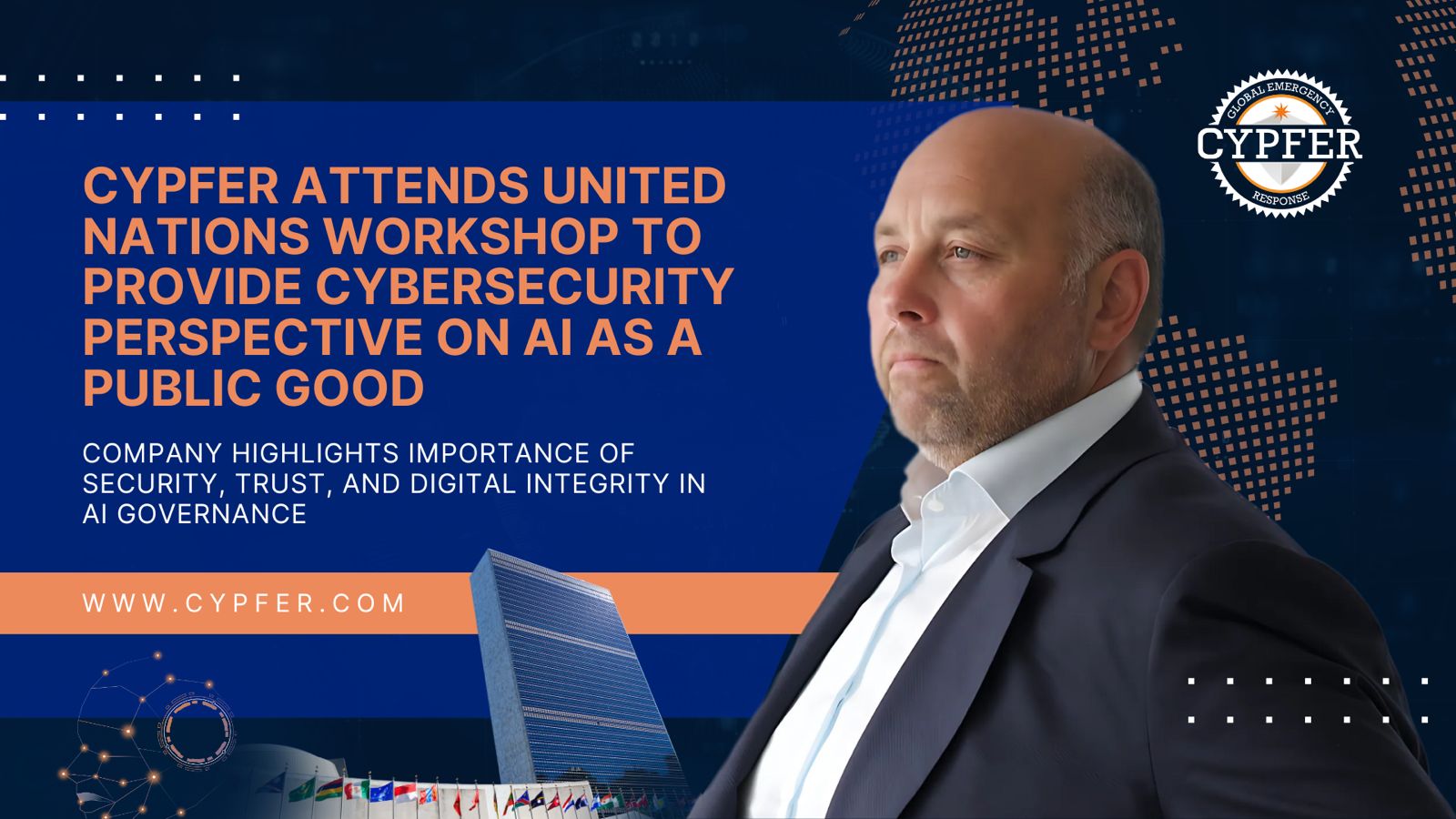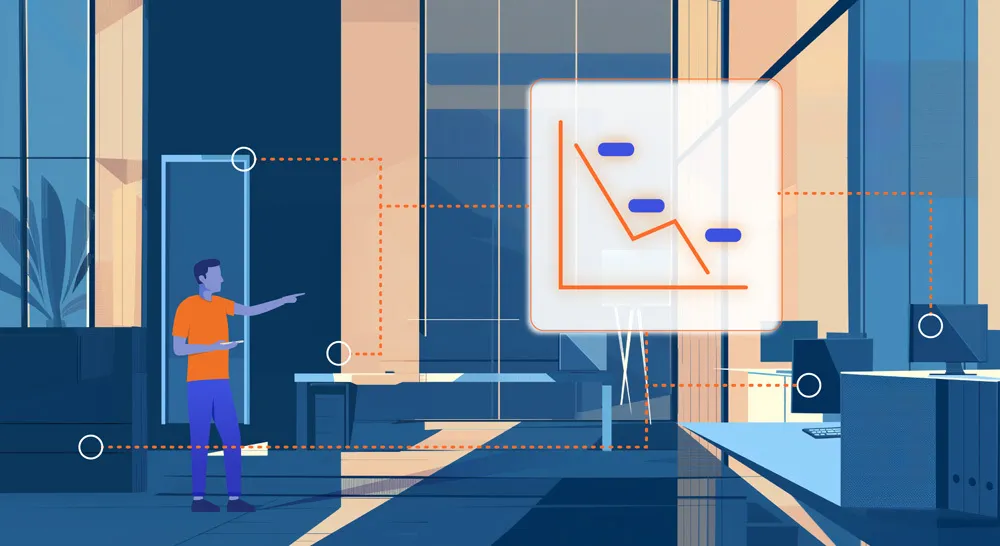
Why Law Firms Are Prime Targets for Ransomware—and How to Protect Your Practice
Law firms hold the keys to vast amounts of sensitive, confidential, and highly valuable data. From client contracts to proprietary business information and personal legal records, law firms are a treasure trove for cybercriminals. With such data at risk, it’s no wonder that law firms have become a favorite target for ransomware attacks.
In this blog, we’ll explore why law firms are so heavily targeted, the consequences of a ransomware attack, and how you can take effective measures to safeguard your practice. We’ll also look at real-world examples to illustrate the dire need for robust security measures and how to create a solid recovery plan to ensure business continuity even in the worst-case scenario.
Why Attackers Target Law Firms
Valuable and Confidential Information
Law firms deal with highly sensitive information, including confidential business data, trade secrets, personal identification, and even financial details. Cybercriminals know this data can be sold on the black market or used to extort significant sums from law firms. This high-value data is what makes law firms prime targets for ransomware attacks.
Business continuity in these instances depends on how quickly a firm can recover from a ransomware attack and get its systems back online. If a firm fails to recover quickly, it risks losing clients and damaging its credibility.
Compliance Pressure
Law firms are subject to strict regulatory and compliance standards, including obligations under privacy laws like GDPR or HIPAA (if health-related cases are involved). A data breach could expose firms to significant penalties if they fail to protect sensitive client information. As a result, many attackers believe firms would rather pay the ransom than risk violating these legal obligations.
Imagine a scenario where a ransomware attack locks up all your files, and the clock is ticking on client deadlines. Without a data recovery plan or data backups, your ability to respond in a timely manner is compromised. Paying the ransom may seem like the only option. However, recovering your data this way is a gamble—it depends on the type of ransomware and whether the criminals deliver on their promises. This underscores the importance of data protection and proactive strategies to avoid getting into such a situation in the first place.
Lack of Advanced Cybersecurity Measures
Despite handling sensitive data, many law firms—especially small to mid-sized firms—often lag behind in their security measures. The lack of dedicated IT resources or cybersecurity experts makes them vulnerable to ransomware attacks. Attackers are aware that many law firms still rely on outdated security tools, leaving critical systems exposed.
For example, if an attacker gained access to a firm’s system through a simple phishing email, they could easily deploy types of ransomware to lock down sensitive case files. Without proper defenses, even a single mistake can lead to catastrophic results.
The Consequences of a Ransomware Attack on a Law Firm
The consequences of a ransomware attack on a law firm are far-reaching and can affect more than just your bottom line.
Loss of Client Trust
When your firm suffers a data loss, the immediate consequence is the loss of client trust. Clients rely on your ability to protect their most sensitive information, and a failure to do so can lead them to question whether they want to continue doing business with you. In many cases, the reputation damage is worse than the financial loss.
Legal and Financial Ramifications
A ransomware attack can trigger legal issues if it results in the exposure of confidential information. If a firm fails to comply with privacy regulations, it could face lawsuits or fines. This adds layers of complexity to an already difficult situation.
Disrupted Operations
Law firms rely on access to documents, communication platforms, and other digital tools to provide legal services. When these tools are encrypted by ransomware, it halts all legal processes, leading to missed deadlines and potentially costly legal consequences. It can take days, weeks, or even longer to recover your files—time most firms simply can’t afford.
How Law Firms Can Prevent and Recover from Ransomware Attacks
Preventing and recovering from ransomware attacks requires a combination of effective methods, strategic planning, and technical support. Below are some key strategies law firms should implement:
1. Prevent Ransomware with Strong Security Measures
Invest in robust cybersecurity systems that monitor for suspicious activity. Use multi-factor authentication, strong password policies, and up-to-date software to close security gaps that attackers often exploit.
2. Conduct Regular Data Backups
Backing up data regularly is one of the most important defenses against ransomware. These data backups should be stored securely off-network to prevent them from being compromised during an attack. Regular testing of backup systems is essential to ensure that you can quickly recover your data when needed.
3. Develop a Recovery Plan
Create a comprehensive recovery plan that outlines the steps your firm will take in the event of a ransomware attack. This plan should include how to identify the type of ransomware used, assess the damage, and recover the encrypted data. Having this plan in place can significantly reduce downtime and ensure business continuity.
For example, if your firm has a solid recovery plan with regular backups, you can restore operations quickly by pulling clean files from your backup storage. You avoid paying the ransom, and the disruption to your business is minimal.
4. Hire Cybersecurity Experts
Work with cybersecurity professionals who specialize in data recovery and ransomware response. They can help analyze the type of ransomware used and provide guidance on the best course of action. These experts are also essential in negotiating with attackers if it comes to that, though paying the ransom should always be a last resort.
5. Ensure Data Protection and Business Continuity
Ultimately, ransomware is not just about recovering files—it’s about maintaining business continuity and data protection. Law firms should have clear policies on how to handle and store sensitive client data, as well as strategies for ensuring continued operations in case of a cyber attack. This includes not only technical measures but also employee training to help prevent ransomware infections from occurring in the first place.
By implementing these effective methods, law firms can better protect themselves from ransomware attacks. A well-prepared law firm can quickly recover your files and restore business continuity without having to pay the ransom or deal with severe data loss.
Remember, the best way to recover from a ransomware attack is to prevent it in the first place. Protect your client data, and safeguard your firm’s reputation by investing in comprehensive cybersecurity measures with CYPFER.
Your Complete Cyber Security Partner:
Every Step, Every Threat.
At CYPFER, we don’t just protect your business—we become part of it.
As an extension of your team, our sole focus is on cyber security, ensuring your peace of mind. From incident response and ransomware recovery to digital forensics and cyber risk, we integrate seamlessly with your operations. We’re with you 24×7, ready to tackle threats head-on and prevent future ones.
Choose CYPFER, and experience unmatched dedication and expertise. Trust us to keep your business secure and resilient at every turn.

Get Cyber Certainty™ Today
We’re here to keep the heartbeat of your business running, safe from the threat of cyber attacks. Wherever and whatever your circumstances.
Contact CYPFER





